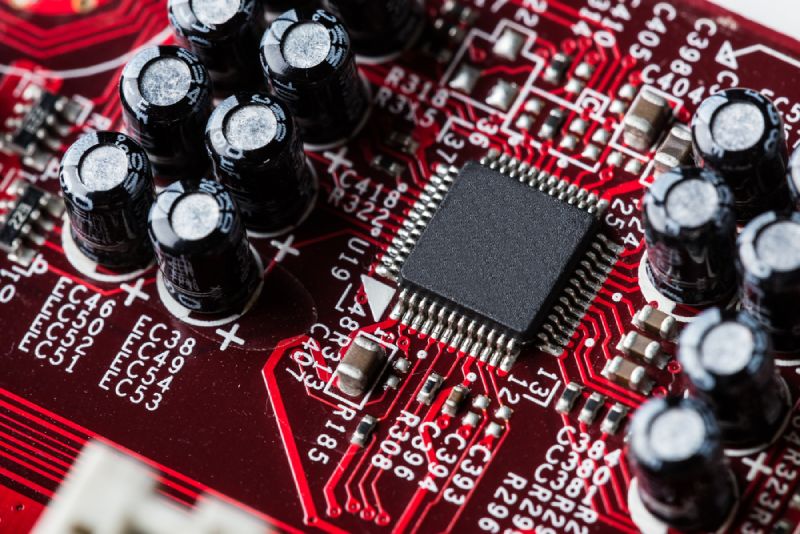Are Server Motherboards Good for Gaming?
In a nutshell, server motherboards are not specifically designed for gaming, but they can be used for gaming purposes in some situations. The main difference between server and gaming motherboards lies in their primary use cases, feature sets, and priorities in design. Server motherboards are typically more focused on stability, reliability, and manageability, while gaming motherboards prioritize performance, overclocking capabilities, and aesthetics. Below, we will delve deeper into these distinctions and discuss whether or not server motherboards are suitable for gaming scenarios.
What is the difference between a server motherboard and a gaming motherboard?
There are several key differences between server and gaming motherboards, some of which include:
- Primary use cases: Server motherboards are designed to handle demanding server workloads such as virtualization, data processing, and hosting web services. Gaming motherboards, on the other hand, are tailored to provide the best gaming experience, with features like improved audio and networking.
- Form factors: Server motherboards are often available in larger form factors like Extended ATX (EATX) or even custom designs to accommodate more memory, storage, and expansion slots. Gaming motherboards typically use the more common ATX, MicroATX, and Mini-ITX form factors.
- RAM support: Server motherboards usually support Error Correction Code (ECC) memory, which helps prevent data corruption, while gaming motherboards generally do not.
- Expansion slots: Server motherboards often feature more expansion slots for peripherals like RAID cards, network interface cards (NICs), or additional storage. Gaming motherboards may have fewer slots but prioritize the ones most relevant to gamers, such as high-speed PCIe slots for graphics cards.
Do server motherboards have onboard graphics?
Most server motherboards do not have onboard graphics, as servers typically do not require graphical capabilities for their primary tasks. However, some server motherboards do come with basic onboard graphics to allow for simple display output and remote management tasks. These onboard graphics solutions are usually not suitable for gaming, as they lack the performance and features found in dedicated gaming GPUs.
Does a server need a good GPU?
For the majority of server workloads, a high-performance GPU is not necessary. Servers are typically focused on processing large amounts of data, hosting web services, or running virtual machines, tasks that do not require powerful graphics processing. However, there are some specific use cases, such as GPU-accelerated computing for machine learning or rendering, where a server would benefit from a powerful GPU.
Can you game on a GPU server?
It is possible to game on a GPU server, but it may not be the most practical or cost-effective solution. If the server is equipped with a powerful GPU and the necessary components (such as a gaming-capable motherboard and sufficient RAM), it can potentially run games. However, there are a few caveats:
- Server hardware is typically more expensive than consumer-grade gaming hardware, so building a gaming system using server components may not be cost-effective.
- Server components are designed for stability and reliability, not gaming performance. You may experience lower performance or compatibility issues compared to a dedicated gaming system.
- Using a GPU server for gaming may not provide the best user experience due to factors like latency and limited input options, especially if you are accessing the server remotely.
Can I play a game on a dedicated server?
Playing a game on a dedicated server is technically possible, but it is generally not recommended for several reasons:
- Performance: Dedicated servers are optimized for hosting game servers, not for playing the game itself. The hardware used in dedicated servers is often focused on network performance, stability, and security, rather than gaming capabilities.
- Cost: Dedicated servers can be expensive, and using one to play a game directly would likely be an inefficient use of resources.
- Compatibility: Not all games are designed to run on dedicated server hardware or operating systems, leading to potential compatibility issues.
- Latency: Playing a game on a dedicated server may introduce latency or lag, as you would be accessing the game remotely. This could negatively impact the gaming experience.
In conclusion, while server motherboards and dedicated servers can be used for gaming in certain situations, they are generally not the ideal choice due to their primary focus on stability, reliability, and manageability. Gaming motherboards and dedicated gaming systems are specifically designed to provide the best gaming experience and are typically more cost-effective and compatible with gaming requirements.
“Server motherboards are not specifically designed for gaming, but they can be used for gaming purposes in some situations.”
For most gamers, investing in a gaming motherboard and system that prioritizes performance, overclocking capabilities, and aesthetics is the better option. However, if you find yourself in a unique situation where using server hardware for gaming is necessary or beneficial, be prepared to face some challenges and compromises in terms of performance, cost, and compatibility.



